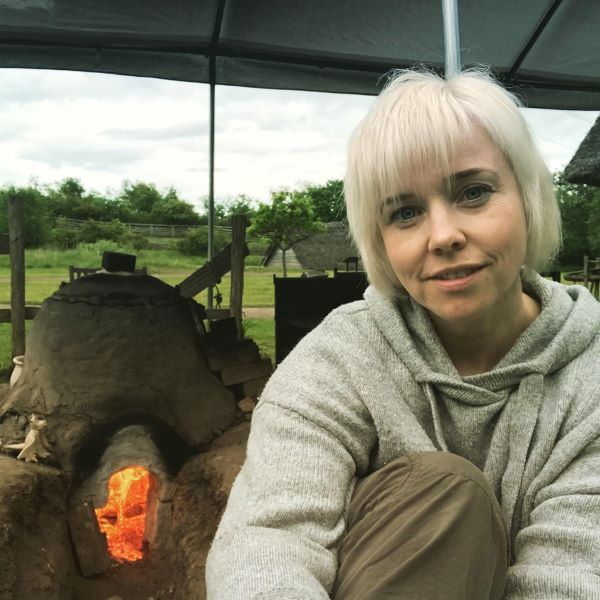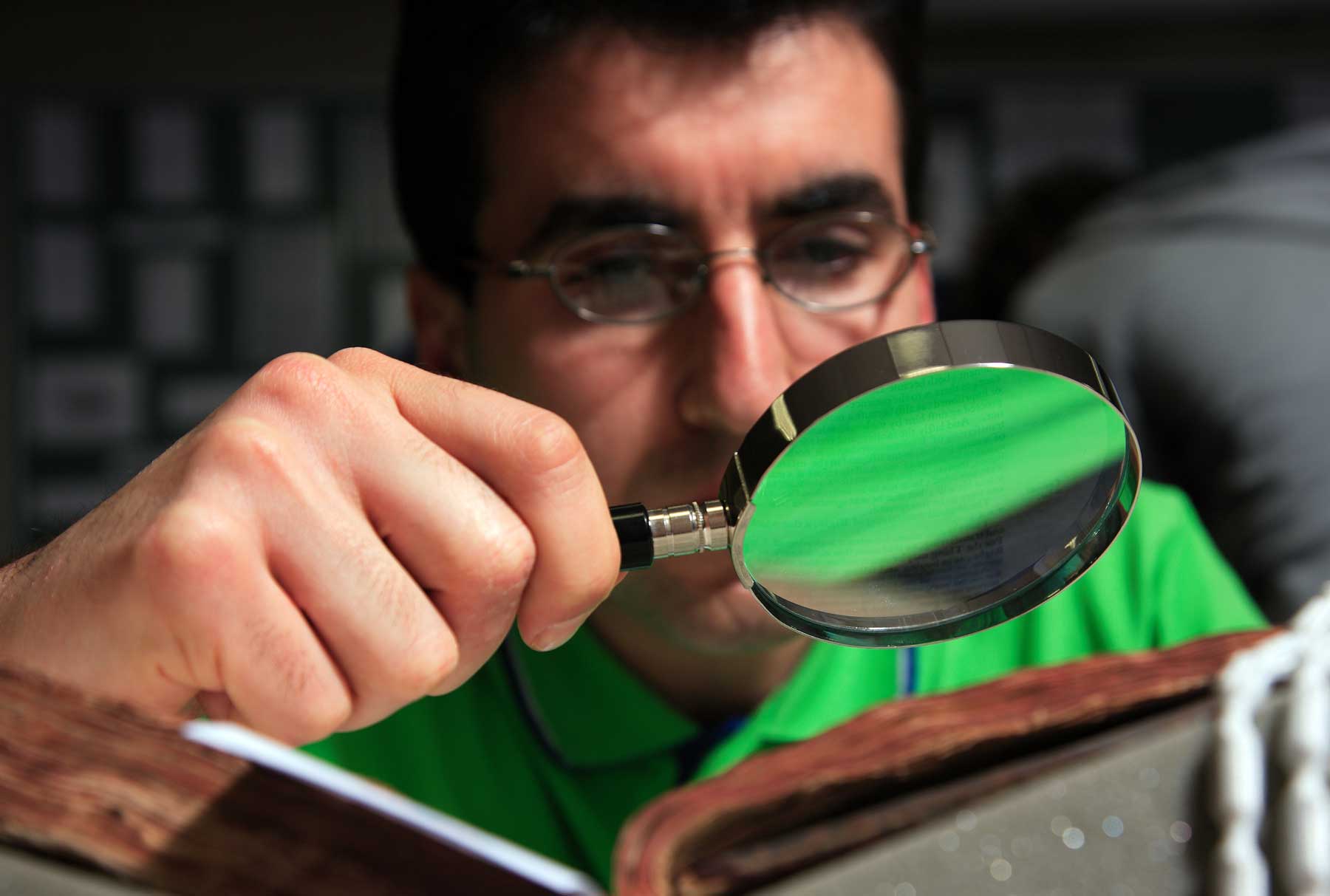Addressing the Invisible
Recycling, glass & technological practice in the 1st millennium AD
Project description
The recycling of materials and objects was extensive in the past, but is rarely embedded into models of the economy; even more rarely is any attempt made to assess the scale of recycling, perhaps because it frequently operated in de-regulated, liminal spaces.
Yet recent developments, particularly ‘big data’ approaches, and high-resolution analytical chemistry, are increasingly offering the means to reconstruct, and even to quantify, recycling.
Glass replicated to ancient recipes
Using high temperature furnaces, glasses are replicated to ancient recipes, and tested for compositional 'markers' of recycling by state-of-the-art laser ablation ICP mass spectrometry.
Evidence for these markers is then sought in the large body of data on the composition of archaeological glasses, and the results are traced over time and space, with glass recycling patterns being mapped in a GIS.
The effects of recycling on working properties and the experience of glassworkers are also being explored in collaboration with glassblowers and lampworkers.

Springboard for an interdisciplinary conference
The project is the focus of an educational film about experimental archaeology which is aimed at secondary school-aged children and undergraduate students. In 2017 it formed the springboard for an interdisciplinary conference on recycling, past and present, including collaboration with local government, artists and SMEs.
This conference, which focuses principally on the Roman Imperial and Late Antique world, developed and integrated methodological approaches and began to adapt our models of the ancient economy to accommodate the significant role of recycling. Crucially, it investigated recycling during times of economic prosperity as well as ‘crisis’.
Fostering discussion between specialisms
By fostering discussion between participants with a range of specialisms, this conference and landmark publication has enriched our understanding of the ancient economy, and provide a useful contrast with the global systems in operation today. Most importantly, it set the agenda for integrated, quantitative studies of past recycling practice.
This is vital for two reasons: (i) recycling provides a valuable insight into human interaction with material culture, particularly outside core production zones; (ii) recycling has a significant effect on the relationship between finished objects and their origins and production technology, biasing scientific studies into ancient materials.
Project dates: 2016-18
Sponsors: British Academy
